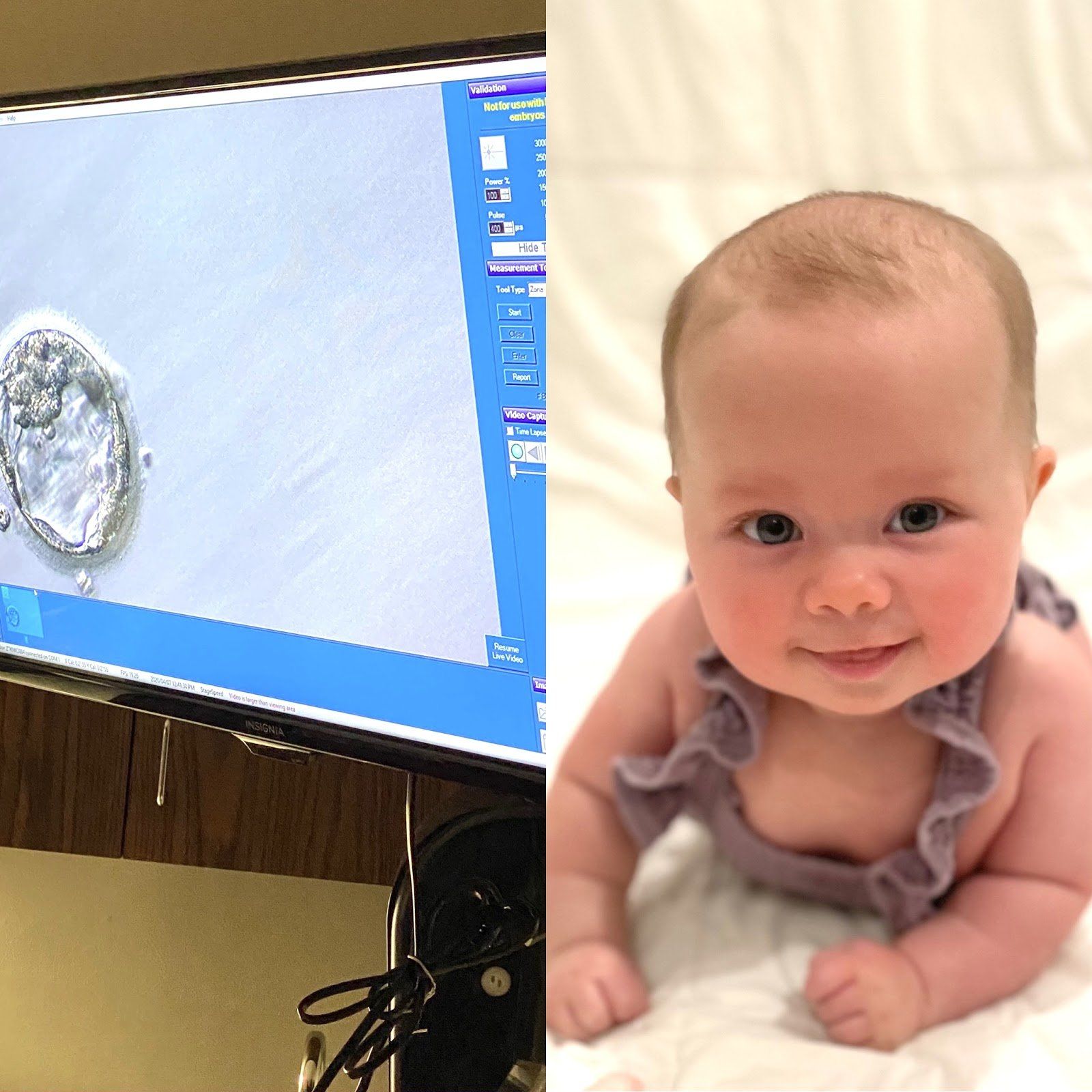Taking Care of Yourself During a Pandemic
Fear about an unknown disease can be overwhelming and stressful as we face uncertain times. You may be worried about finances, your health or the health of your loved ones, job security or juggling parenting while working from home. These are very normal stressors. Our bodies can respond to stress in a variety of ways.
Below are some physical responses to stress:
- Headaches
- Increased or decreased appetite
- Changes in sleep patterns
- Muscle tension
- Fatigue
- Increased tobacco, alcohol or drug use
In addition to physical symptoms, you may experience some changes to your mental health which may include:
- Feeling isolated
- Feeling down or discouraged
- Feeling helpless
- Feeling out of control
- Increased emotional outbursts
While people handle stress differently, it is important to learn coping strategies and stress management skills to keep you and your family strong both mentally and physically. While caring for your family is important, it is also important to make yourself a priority.
The Mayo Clinic lists several ways to promote self-care during this pandemic. Click here for a full list. Here are some of the ways to keep yourself healthy:
- Fuel your body by eating as cleanly as possible. This includes lean meats, lots of fruit and vegetables and plenty of water. Try to limit sweets and junk food.
- Try to keep a regular routine and sleep schedule. Aim for at least 8 hours of sleep per night and try to go to sleep and wake up at the same time every day (including weekends).
- Strive to exercise at least 30 minutes per day most days of the week. Do an activity you enjoy like walking, biking or jogging. “Enjoy” is the key word!
- Take a break from the news and/or social media. Hearing about COVID-19 constantly can be upsetting.
- Avoid risky behavior by limiting alcohol intake and avoiding drugs. If you are a smoker, it can be difficult to quit during times of stress, however, decreasing even a small amount of tobacco products can be beneficial. As far as alcohol intake, the CDC recommends that women of legal drinking age should have no more than 1 alcoholic beverage per day.
- Try to stay connected to family and friends. Use technology to check in regularly. Schedule check in days. This will give you something to look forward to!
- Lean on your faith or personal beliefs. Talk to fellow believers for support.
- Try a new hobby. Have you wanted to try some new recipes or learn to crochet? Now is a great time to make that happen!
- Take some quiet time to pray, meditate, read a book or take a hot bath. If you have kids, maybe ask your husband or partner to take the kids for a walk or bike ride while you have some quiet time.
- Spend some time outdoors. Fresh air is good for the soul. Just make sure you maintain social distancing guidelines.
- Try to help your community. Donate to a food bank. Reach out to elderly neighbors. Look for ways to help others when you are able to.
- If you are feeling overwhelmed – ask for help or talk to someone. No one knows your inner thoughts but you. Reach out to your medical provider, counselor or someone you trust.
As a women’s health provider in North Alabama, I am seeing more and more patients having increased depression or anxiety during this pandemic. And that’s completely understandable. It takes courage to ask for help and to admit when you are struggling. Accepting help is a sign of strength. We at Women4Women OBGYN are here to help you any way that we can. If that means starting or increasing a medication, referring you to a counselor, or just to have us as a listening ear; we are here for you. Our wish for every woman is to stay healthy, stay hopeful and stay strong.
*Note: If you have any thoughts of harming yourself or someone else, please contact:
- Crisis Services of North Alabama 256-716-1000
- National Suicide Hotline 800-273-TALK
- Or Call 911
Until next time,
Elizabeth Irby CRNP



